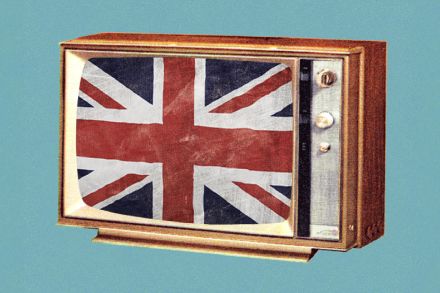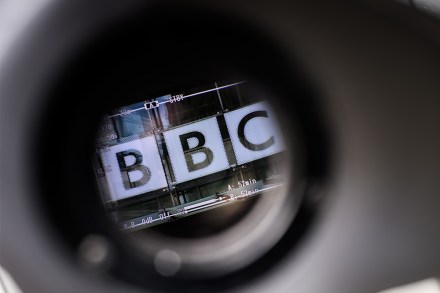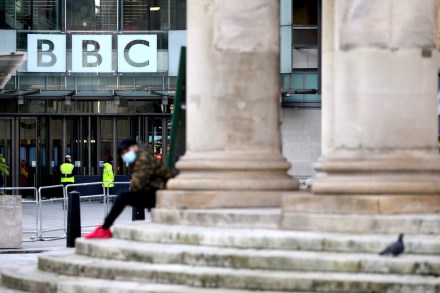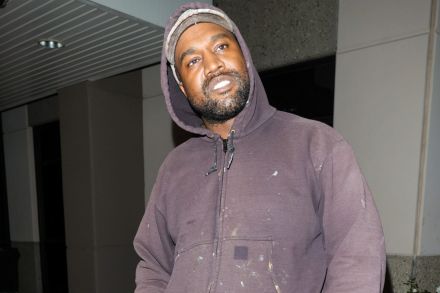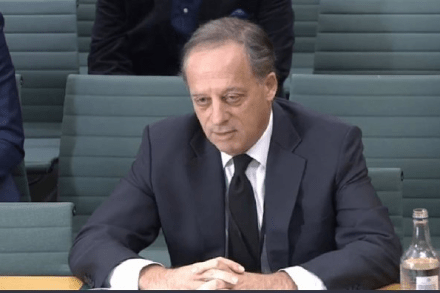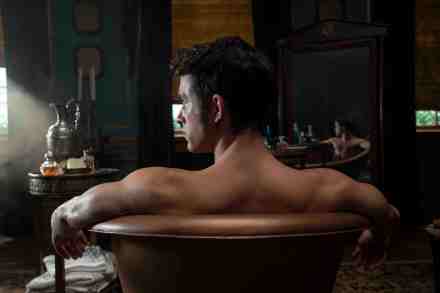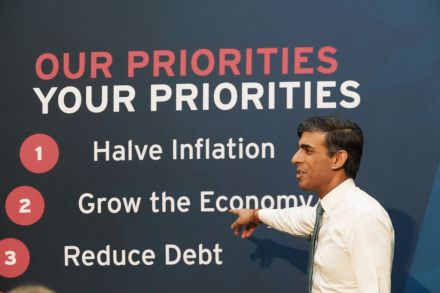University Challenge deserves Amol Rajan
I wish I could say that Bamber Gascoigne would be turning in his grave at what has happened to University Challenge. But unfortunately, I understand from people who knew the Eton, Cambridge, Yale and Grenadier Guards historian, playwright, critic, polymath millionaire and scion of the upper classes that he chose to compensate for his privilege by embracing progressive causes. So, chances are, the shade of Bamber is thrilled to bits at seeing his old quizmaster’s seat occupied by someone who drops his aitches and pronounces ‘h’ where it should be aspirated and landed a mere 2.2 from hearty, insufficiently medieval Downing. Bambi’s successor Jeremy Paxman probably isn’t too bothered either.




